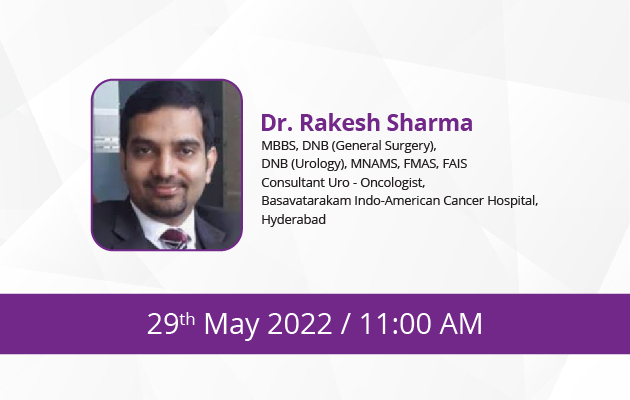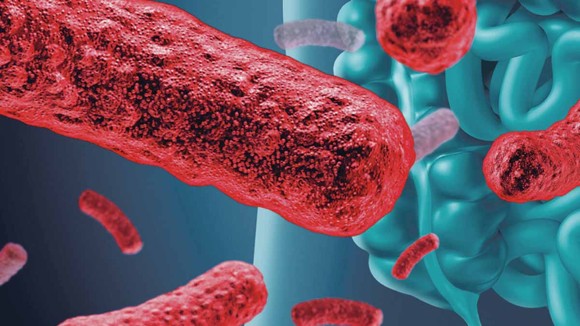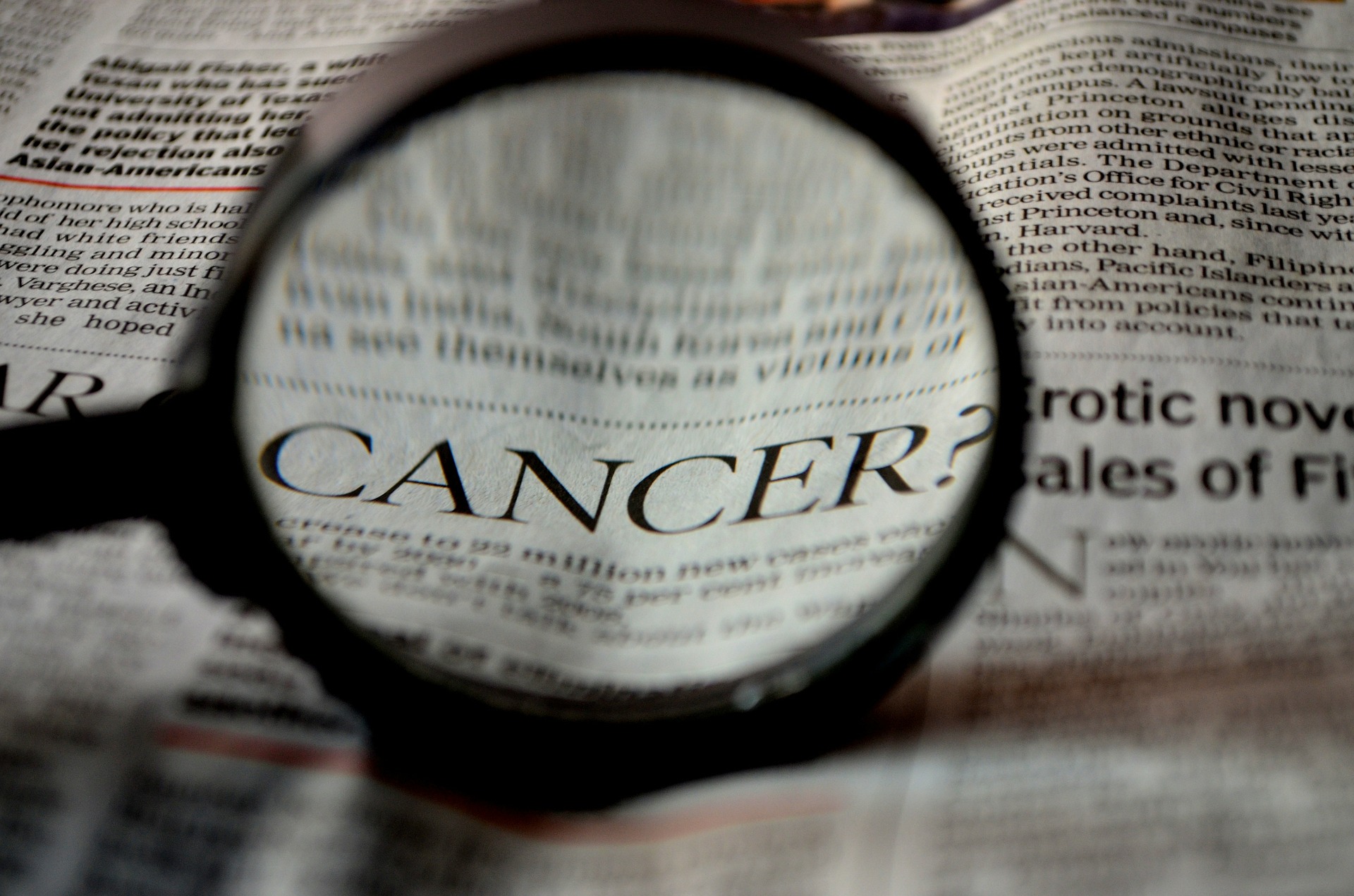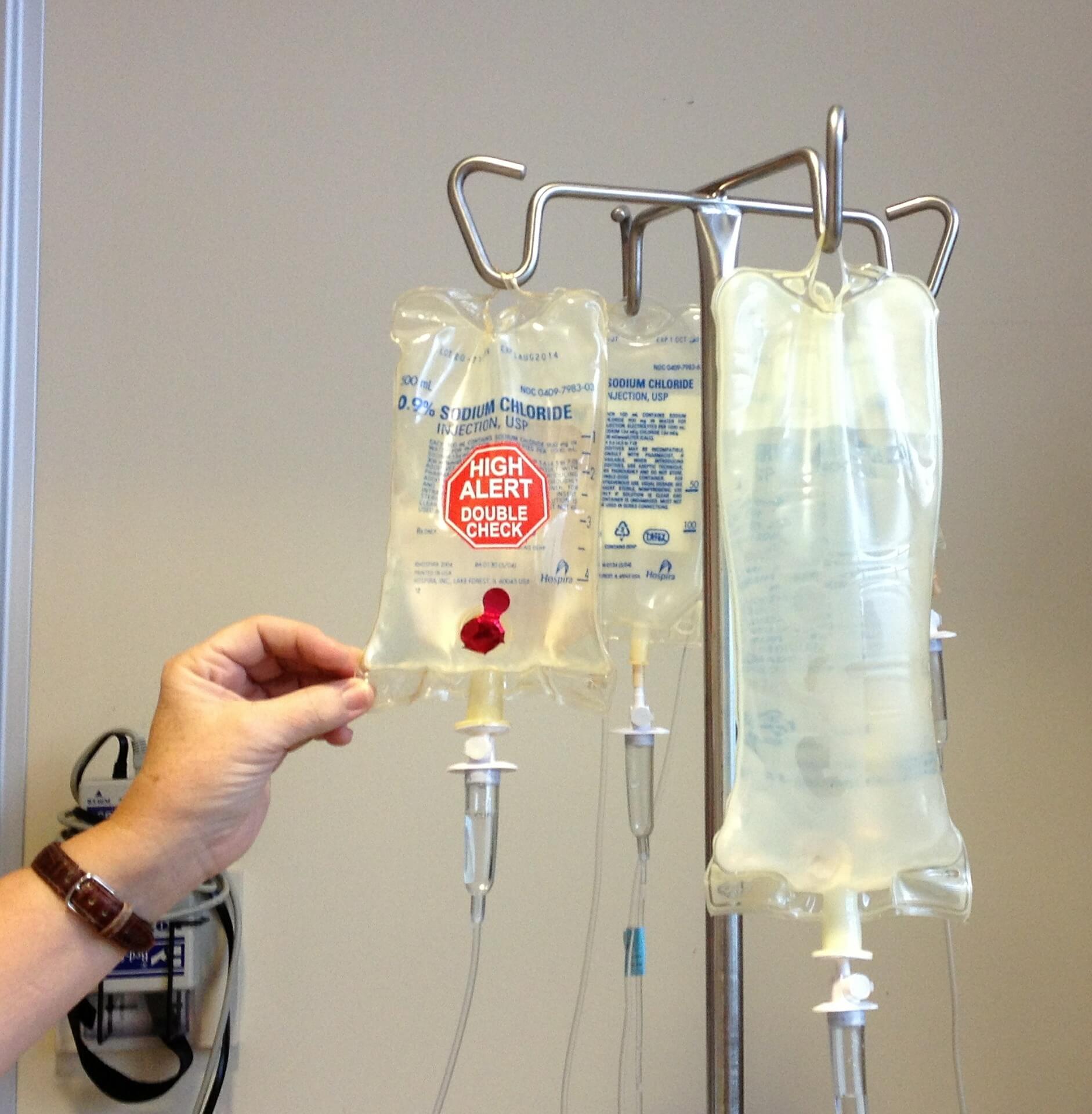
Men’s health awareness month: History and importance of this day
November is observed as Men’s Health Awareness Month. Men’s Health Awareness month helps to raise awareness and support, men tackling prostate cancer, testicular cancer, mental health, and suicide. Mental health refers to cognitive, behavioral, and emotional well-being. It is all about how people think, feel, and behave. People sometimes use the term “mental health” to mean the absence of a mental disorder. Mental health can affect daily living, relationships, and physical health.
Many men don’t get check-ups or look into cancer symptoms because their health isn’t something they talk about. The majority of respondents said that men and women were equally likely to have accidents, cancer, mental illness, and to be fitter, and that men were more likely to get heart disease and women to live longer. Men have a 60% higher mortality rate than women, largely due to heart disease, which is often caused by smoking and other behaviors.
Looking after mental health can preserve a person’s ability to enjoy life. Doing this involves reaching a balance between life activities, responsibilities, and efforts to achieve psychological resilience. Conditions such as stress, depression, and anxiety can all affect mental health and disrupt a person’s routine. The WHO stress that mental health is “more than just the absence of mental disorders or disabilities.” Peak mental health is about not only avoiding active conditions but also looking after ongoing wellness and happiness
Depression and suicide are ranked as a leading cause of death among men, and yet they’re still far less likely to seek mental health treatment than women. Men have a tendency to not reach out to others for help with their physical and mental health problems. Surveys from around the globe show that men everywhere find it difficult to open up about mental health.
Depression can’t be willed away. It’s a serious mental health condition that affects a man’s daily life, including the way he eats, sleeps, feels, and thinks. It can also affect his ability to work, go to school, and maintain relationships with friends and family. Depression is NOT a sign of weakness, and it can affect any man, regardless of his age and race or ethnicity. Suffering in silence isn’t a safe or healthy option for the men in our lives.
Myths/ stigmas :
There are many stigmas that still remain in the society.
- Real men don’t ask for help
- Faithful men shouldn’t need therapy or medication
- Strong men don’t have emotional problems.

















